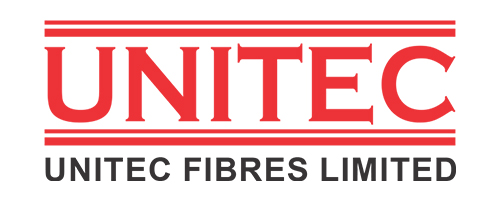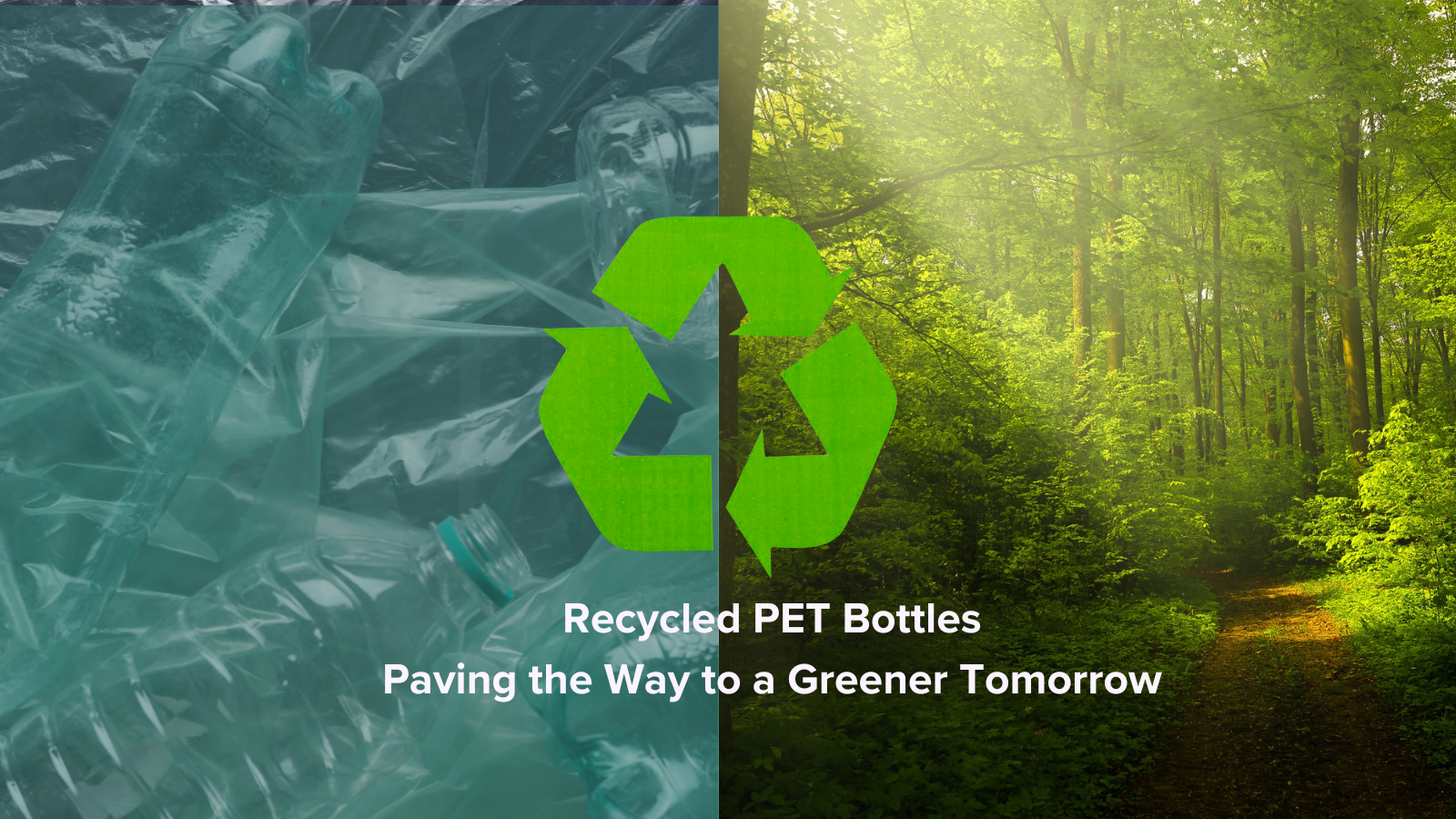In a world increasingly conscious of its environmental footprint, the idea of recycling plastic has evolved from a single act of responsibility to an innovative movement.
While plastic waste has long been a symbol of environmental harm, it’s now becoming an unlikely hero in a revolution transforming industries—from fashion to manufacturing.
At Unitec Fibres, we’re redefining how we think about waste by turning discarded PET plastic bottles into premium fabrics and yarns for use in everything from clothing to upholstery.
But how exactly is plastic waste becoming an unexpected champion for sustainability? The answer lies in the creative process that transforms what would have been trash into treasures.
The Journey from Waste to Wearable Wonder
The magic begins with the collection of PET (polyethylene terephthalate) bottles, the most commonly recycled plastics due to their durability and recyclability.
Through various recycling programs and waste management systems, these bottles are carefully gathered.
The bottles are then sorted to separate recyclable materials from other waste. At this point, the journey for many plastic products ends—but not for these bottles.
Once these PET bottles are cleaned and stripped of labels, caps, and residue, they undergo a shredding process where they are reduced to tiny flakes.
These little pellets are the raw materials that will go on to have a new life. It’s incredible to think that something as simple as a bottle you might find on the side of the road can become the fabric of your new activewear shirt or stylish jacket!
The Innovation Behind the Fibres
After shredding, these plastic flakes are heated and melted into a thick, viscous liquid.
Through fine holes, the molten plastic is then extruded—a process quite like squeezing toothpaste through a tube, creating long, thin fibers.
These fibers, often called filaments, are the building blocks of synthetic materials like polyester, which is the foundation for many fabrics we wear daily.
But here’s where it gets even more interesting. These filaments are then cooled, stretched, and spun into yarn—an incredibly versatile material that can be woven or knitted into fabrics of all kinds.
The strength and elasticity of this yarn make it ideal for applications in everything from fashion to home textiles, blending seamlessly into a variety of industries.
Sustainability Meets Style
What’s even more impressive is how these fibers are woven into fabrics and dyed. The fabric made from recycled plastic doesn’t just look good; it’s created using advanced dyeing techniques that minimize water and chemical use. This means vibrant, long-lasting colors without the environmental cost traditionally associated with fabric production.
Recycled plastic fabrics are known for their durability, making them perfect for activewear, outerwear, and even eco-friendly upholstery. Rather than relying on new raw materials, which are often accompanied by a heavy environmental toll, these fabrics lend a second life to materials that would otherwise end up in landfills or oceans.
The Bigger Picture: Why Recycle?
The actual power of recycling PET plastic into fabric lies in its contribution to a circular economy. Every item created from recycled materials reduces the need for new resources, helping conserve natural ecosystems.
By choosing products made from recycled plastic, consumers support this cycle, pushing industries toward more sustainable practices and reducing the volume of plastic waste that enters our environment.
At Unitec Fibers, this process is more than simply transforming plastic into fabric.
It’s about crafting a future where sustainability is woven into every step of production, creating tangible solutions to the planet’s plastic pollution problem.
In the end, recycled plastic is more than just an environmental savior—it’s a powerful tool in the mission towards a greener, more sustainable world.
And with companies like Unitec Fibres leading the charge, it’s clear that the future of fashion, and beyond, will be made from the very materials we once discarded.
So the next time you don a polyester jacket or a comfortable pair of leggings, think about the journey it took—how discarded plastic bottles were transformed into a high-performance fabric helping clean up the planet, one fiber at a time.

